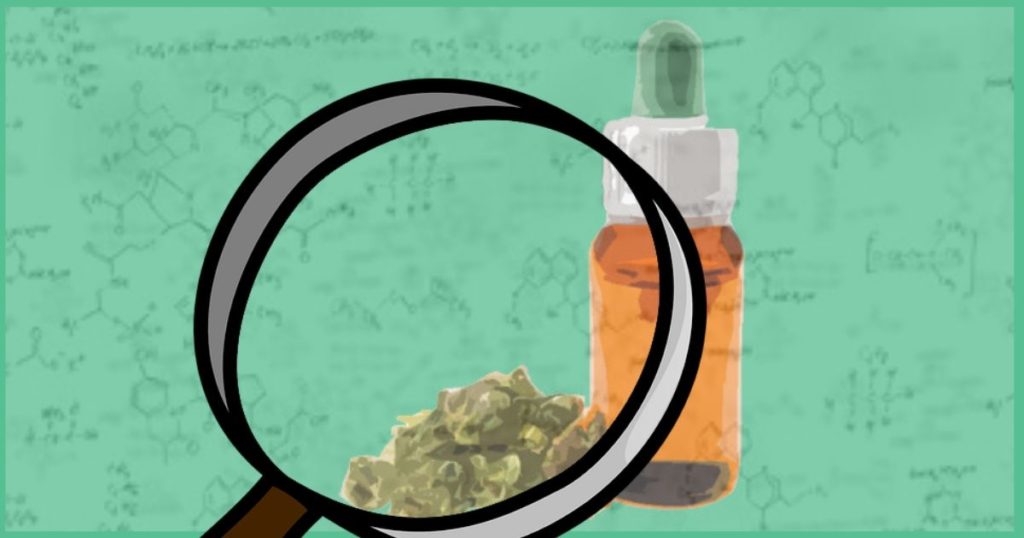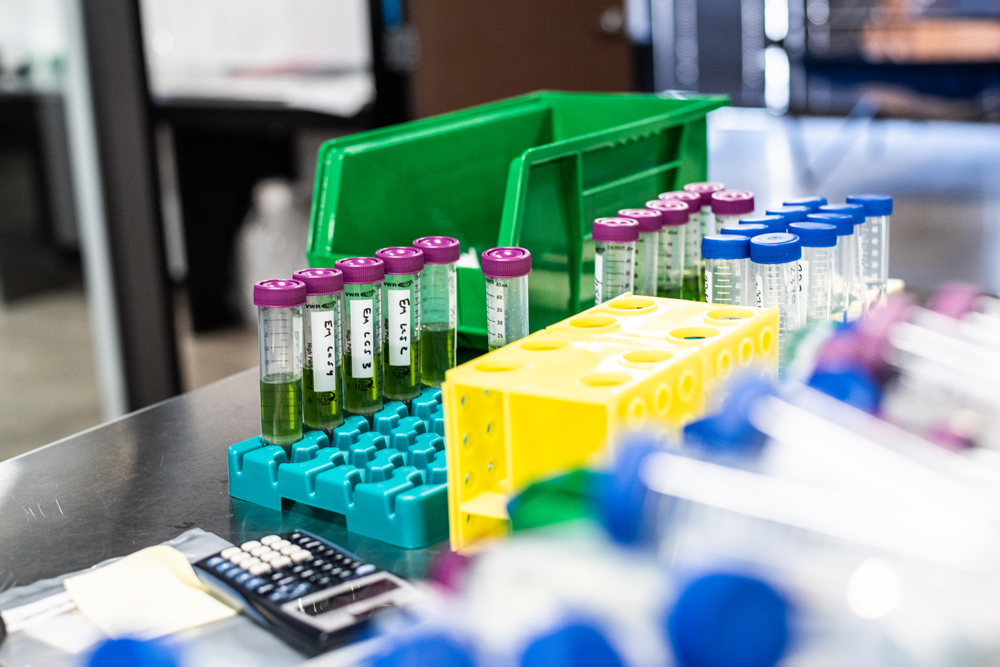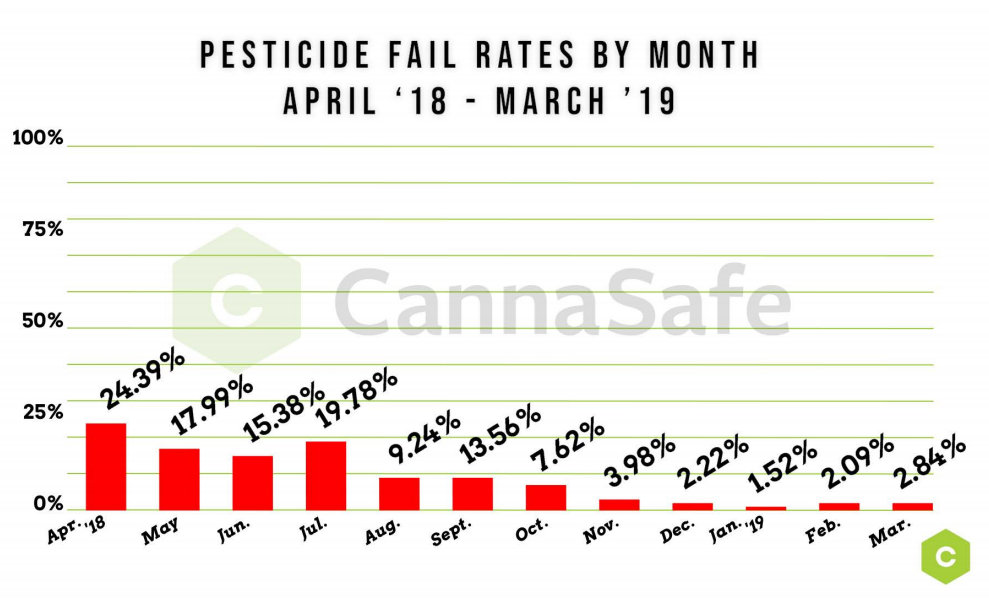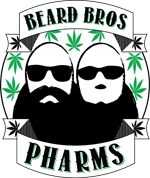
California Assembly Bill 228 which, if passed as currently written, will allow under-regulated hemp derived CBD products into the heavily regulated legal cannabis supply chain, creating not only an unlevel playing field for brands, but a confusing and potentially unsafe marketplace for consumers. However, as you quickly and harshly learn as a cannabis advocate, common sense doesn’t always prevail in politics and the mission shifts to trying to make the best of a bad situation.
To recap, under AB 228 hemp-derived CBD would not be considered an adulterant when infused into food, beverages, or cosmetic products. This stance would put the state of California well out ahead of the federal government’s position on the issue, but that has never stopped Cali before.

AB 228 would also allow these hemp-based products to be placed on retail shelves from Whole Foods to your local farmer’s market, as well as in state-sanctioned cannabis dispensaries. While this appears on the surface to be a victory for consumer access to a more competitive (ie. cheaper) CBD market, there are specific reasons why cannabis-derived CBD typically comes with a higher price tag than its hemp-extracted counterpart – and one of the biggest reasons is regulation.
Accurate potency claims by CBD product manufacturers are policed on the cannabis side by the state’s regulatory agencies and the licensed testing labs operating under those agencies. That high level of accountability keeps manufacturers honest and keeps labeling accurate. On the hemp side, there is no superseding regulatory agency laying down the law just yet. Like we mentioned, even the FDA isn’t sure what to do about hemp and CBD.
Instead, consumer-side watchdogs and media outlets have been the predominant form of oversight of the booming hemp-derived CBD market, and what they’ve seen and shown the rest of us so far has not been very reassuring. A recent sweep by the CBS television show The Doctors found that 80% of hemp-based CBD products purchased in the Los Angeles area failed to meet California label claim requirements. A similar study released in the Journal of the American Medical Association revealed that 69% of the hemp-derived CBD products tested also failed to meet basic labeling standards.
Aside from inaccurate CBD potency labeling is the risk for unlabeled THC content in these products. They may have been extracted from hemp plants that contained <.3% THC, but even a fraction of a percent could cause a failed drug test for a consumer who was led to believe that the product was purely CBD. Delta-9 THC and other cannabinoids can also degrade or transform over time, changing the entire profile of the product over its unregulated shelf life.
THE GOOD OF CBD
With no mandated third-party lab testing required on these hemp CBD products, how can the retailer or the consumer know that what is on the shelf is actually safe? Hemp is well-known as a bioaccumulator that can effectively clean the soil it is planted in by absorbing all of the toxins and heavy metals left behind by years of fertilizer and pesticide use. It is often used in other countries for exactly this purpose and now markets like China suddenly have a new export outlet for their contaminated CBD isolates while the U.S. races to catch up on production.
AB 228 addresses this with the following provisions (emphasis ours):
This bill would require a manufacturer of food that includes industrial hemp to be able to demonstrate that all parts of the plant used in their food come from a state or country that has an established and approved industrial hemp program, as defined, that inspects or regulates hemp under a food safety program or equivalent criteria to ensure safety for human consumption and the industrial hemp cultivator or grower to be in good standing and compliance with the governing laws of the state or country of origin.
…and
This bill would prohibit a raw hemp product, as defined, from being distributed or sold in this state without a certificate of analysis from an independent testing laboratory, as defined, that confirms specified information, including that the tested batch of industrial hemp does not contain contaminants that are unsafe for human consumption.
THE BAD
AB 228, in our opinion, does not go far enough in its definition of what qualifies as an ‘independent testing laboratory’.
The bill defines the term as such:
“Independent testing laboratory” means a laboratory that meets all of the following requirements:
-
Does not have a direct or indirect interest in the entity for which testing is being done.
-
Does not have a direct or indirect interest in a facility that cultivates, processes, distributes, dispenses, or sells raw hemp products in this state or in another jurisdiction.
-
Does not have a license issued pursuant to Division 10 (commencing with Section 26000) of the Business and Professions Code, other than as a licensed testing laboratory.
Ok, that all makes sense, and clarifies the term “independent”. But how do they define a “testing laboratory”?
Under AB 228 an “independent testing laboratory” is defined as either:
-
A testing laboratory licensed pursuant to Division 10 (commencing with Section 26000) of the Business and Professions Code.
-
Accredited by a third-party accrediting body as a competent testing laboratory pursuant to ISO/IEC 17025 of the International Organization for Standardization.
That right there is the kicker. Labs allowed to test industrial hemp products destined for the regulated California cannabis marketplace will not need to be licensed under the regulations of that marketplace. Fully-accredited testing labs in California have now established a track record of cleaning up the industry, why would we not give them the task of overseeing this new intrusion on it?
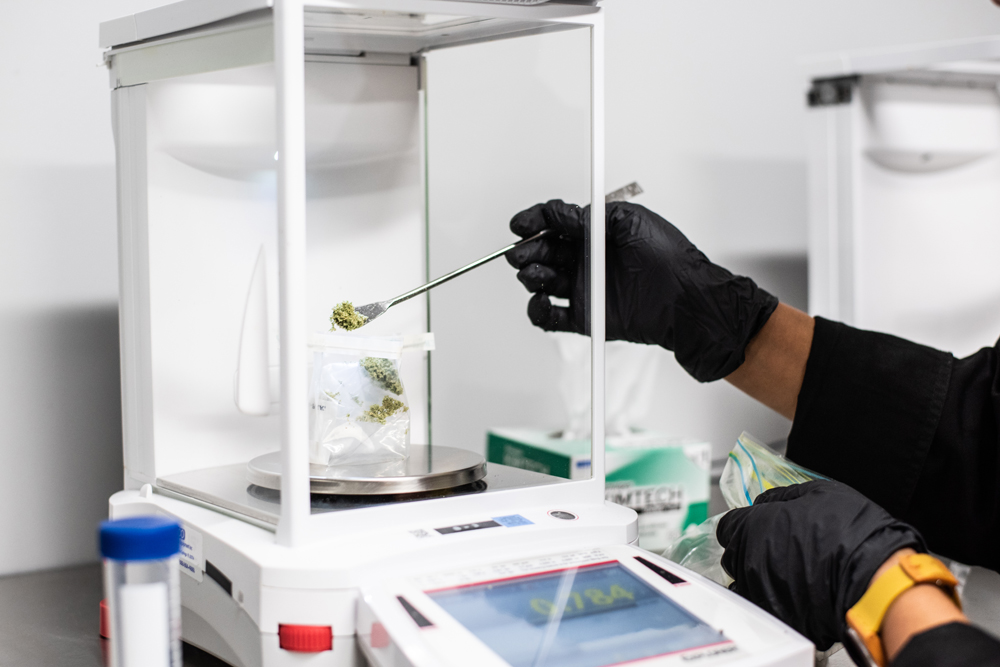
In addition to potency problems or contamination from known plant-growing practices, these hemp-derived CBD products may also contain unhealthy food additives like corn syrup, food colorings, artificial flavorings, or even synthetic cannabinoids – one product was found to have an ingredient more commonly found in cough syrup than in cannabis.
Does this mean that an accredited testing lab well-versed in everything except cannabis cannot identify these potentially harmful substances? Of course they can, but why not leave it to the experts?
THE REALITY
Many domestic CBD product manufacturers already do their due diligence to ensure that all of their ingredients – hemp and CBD included – are sourced from reputable suppliers and many are already taking it upon themselves to lab test their own products as an act of transparency. AB 228 will increase that transparency and “weed out” many shady fly-by-night, “50-state-legal”, CBD brands that will just turn their focus onto regions with less regulation.
Should consumers gravitate to the well-intentioned CBD brands and products? Sure, in a perfect world they would, but when we are dealing with a medicinal niche of products, we cannot just leave it up to the invisible hand of the free market to make that happen.
Cannabis, on the other hand, is subject to strict lab testing in California long before it ever sees a retail store shelf. We have previously reported on our thoughts on mandated lab testing, and the further along we get into the legal weed timeline here in Cali, the more it seems that our support for lab testing is bearing out in the statistics.
As California growers and manufacturers have found their groove with the state’s testing guidelines over the past year or so, cannabis products have become exponentially safer. For example, the state did not require pesticide testing on legal weed until July 1st of 2018. At that time, headlines rocked the cannabis community stating that up to 20% of the legal product being tested under the new protocol was failing due to residual pesticides. According to Los Angeles based cannabis testing lab CannaSafe, who have performed over 45,000 tests over the past year, today that number is under 3%.
But California testing labs do not stop at pesticides and potency; they are also analyzing samples for the presence of heavy metals, residual solvents, and microbial contamination among other things making the California cannabis market the most strictly tested on the planet. If hemp-derived CBD brands want to jump in these shark-infested waters, they should have to swim for shore or drown just like the rest of us.
We do not support or endorse the entirety of the language in AB 228 but if that is the direction the market is going then the compliance standards that cannabis companies are being held to must be imposed on hemp brands as well.
This entire industry right now is like a giant game of Jenga. You poke at one piece and discover that cannabis derived CBD is most effective but costs more than hemp derived CBD. You poke a little more and the tower begins to wobble as you realize that there is not enough CBD-rich cannabis being grown for the legal market. Another precarious poke and it becomes clear that not enough legacy growers are getting licensed and those that are in the legal market see such a high cost of doing business that it’s killing compassionate cannabis. Then, just as you think it might be stabilizing, the government plops AB 228 on top and we’re all left wondering if the whole damn thing will topple. Unfortunately, it ain’t a game for most of us.
Keep updated on all the latest news and updates in the Cannabis industry here at Beard Bros Pharms by signing for our Friday Sesh Newsletter here. Always Dank and Never Spam!



